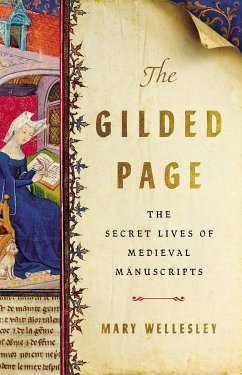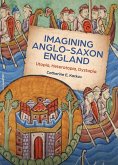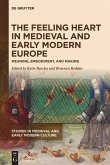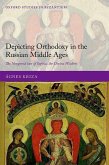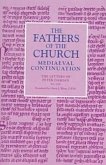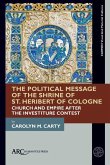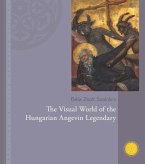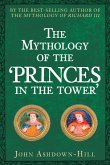"The story of the written word in the pre-Gutenberg age. Ranging from the earliest intact book in Europe, to the only known literary manuscript to be written in Shakespeare's hand, scholar Mary Wellesley reveals the secret lives of these literary and artistic treasures. Traipsing through the remarkable history, she recounts fires (the only surviving Beowulf manuscript is singed at its edges, losing a bit of its matter every decade) and threats ('this is Elisabeth Danes's book / he that steals it shall be hanged by the neck, ' reads the marginalia in one treasured text). Some manuscripts were designed to reinforce power--like the psalter commissioned by Henry VIII, with a bold illustration of David fighting Goliath, the king's likeness as David's and his archnemesis Pope Paul III's face drawn on Goliath. Some survive and remain celebrated because of an author's political connections--we have so much of Chaucer's writings, and thus study and revere them, because he was a government official first, a poet second. And although work identified with men was more likely to survive through time, some of the most beguiling and beautiful texts were created by women. Many have been lost, like Julian of Norwich's Revelations of Divine Love. Yet others are relatively recent discoveries, like the manuscript of illiterate Margery Kempe, found in a country house closet by a family searching for ping pong balls, the book's cover nibbled on by mice. But all these objects have their secrets, and their creation and survival tell us much about power and art, knowledge and beauty. Today we associate illuminated manuscripts with wealthy elites, but they were made by ordinary people: the grinders and binders, the scribes and rubricators. We remember the patrons and the authors, but these objects have been much altered--text embroidered by upstart scribes, mistakes made in copying poems, whole chapters lost to time--and our literary inheritance is one of collective authorship. Rich, dazzling, and passionately told, Untitled is a tribute to some of the most exquisite objects ever made by human hands"--
Hinweis: Dieser Artikel kann nur an eine deutsche Lieferadresse ausgeliefert werden.
Hinweis: Dieser Artikel kann nur an eine deutsche Lieferadresse ausgeliefert werden.

